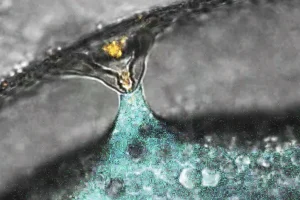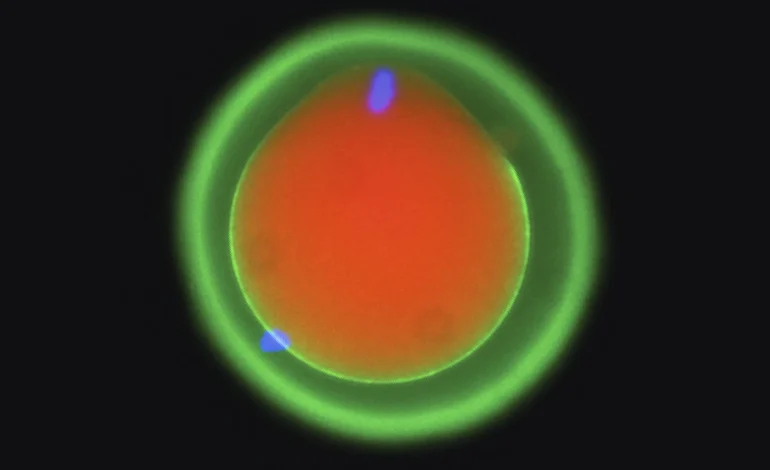A groundbreaking discovery by Austrian scientists sheds new light on the long-standing mystery of how sperm and egg fuse together. The research reveals a universal “lock and key” mechanism that governs fertilization across the animal kingdom, from fish to humans, The Associated Press reports.
Led by Dr. Andrea Pauli at the Research Institute of Molecular Pathology in Vienna, the team found that three proteins on the sperm surface combine to form a unique “key” that unlocks the egg, enabling the sperm to attach. This intricate process, as detailed in a study published in the journal Cell, has remained remarkably consistent over millions of years of evolution.
The team, collaborating with international researchers, utilized Google DeepMind’s artificial intelligence tool AlphaFold – the recipient of this year’s Nobel Prize in Chemistry – to identify a new protein crucial for the initial molecular connection between sperm and egg.
“We discovered this mechanism that’s really fundamental across all vertebrates as far as we can tell,” said Dr. Pauli. “It wasn’t previously known how the proteins ‘worked together as a team in order to allow sperm and egg to recognize each other.”

While the study elucidates the initial attachment process, scientists are still investigating the subsequent mechanism by which the sperm penetrates the egg. Dr. Pauli emphasizes that future research will delve into this crucial stage of fertilization.
The findings hold significant implications for understanding infertility and developing new birth control methods. Dr. David Greenstein, a genetics and cell biology expert at the University of Minnesota, who was not involved in the study, highlighted the potential of this research for developing male contraceptives.









